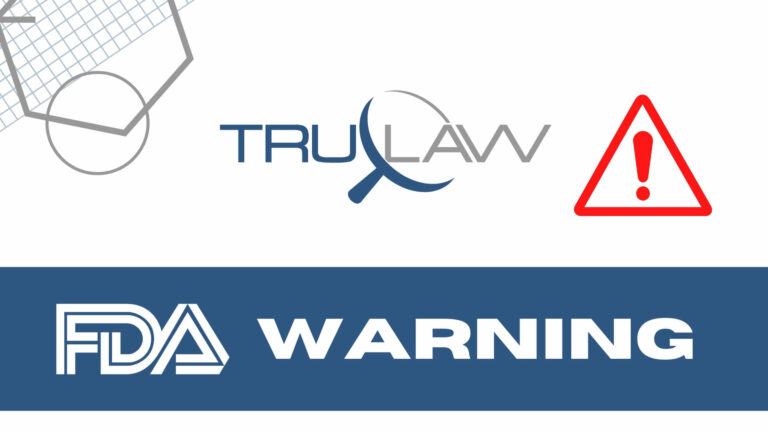
The FDA continues to ensure healthcare providers are aware of an urgent recall of the JET 7 Reperfusion Catheter with Xtra Flex Technology (also known as JET 7 Xtra Flex) by Penumbra.
Penumbra voluntarily recalled the product in all its configurations on December 15, 2020, after the risk of severe injury or unexpected death to stroke patients was observed, specifically when the catheter is used to remove clots.
Designed to restore blood flow via continuous aspiration, the device removes clots in patients with acute ischemic stroke within 8 hours of symptom onset. Patients who rely on the product tend to be “ineligible for intravenous tissue plasminogen activator (IV t-PA) or who fail IV t-PA therapy.”
Following the FDA’s original clearance of the now-recalled products, the agency continued to monitor postmarket safety. During the oversight, Penumbra had been prompted by the FDA to release a July 27, 2020, Notification to Healthcare Providers with instructions to avoid risks linked to the device. Even after the product’s updated labeling (with a new warning against using the device for contrast injection) was cleared by the FDA on August 31, 2020, the FDA continued to receive medical device reports (MDRs). Due to the “persistent risk” and the failure of some healthcare providers to follow the new instructions, the FDA requested Penumbra to initiate a voluntary recall.
The manufacturer’s Urgent Voluntary Medical Device Recall Notification urged all who use or administer the device to stop and all facilities to take it out of their inventory. In addition to the JET 7 Xtra Flex catheter, initially cleared by the FDA on June 16, 2019, the recall also impacts the JET 7MAX configuration (including the JET 7 Xtra Flex catheter and MAX Delivery Device), cleared on February 27, 2020. Penumbra noted the Penumbra JET 7 Reperfusion Catheter with Standard Tip is not included in the recall.
The FDA has recorded more than 200 MDRs related to the JET 7 Xtra Flex catheter to date. Twenty of those reports indicate 14 unique patient deaths, with one adverse event having yielded reports from multiple sources. Other MDRs describe a range of severe patient injuries, including “vessel damage, hemorrhage, and cerebral infarction.” The MDRs also capture several modes of device failure, including “ballooning, expansion, rupture, breakage or complete separation, and exposure of internal support coils near the distal tip region of the JET 7 Xtra Flex catheter.”
Penumbra’s bench testing of the JET 7 Xtra Flex catheter showed that the product fails to hold up to the same “burst pressures to failure” as its other large bore aspiration catheters, which are used to extract thrombus in patients of acute ischemic stroke.
Since the recall, the FDA has continued to collaborate with Penumbra. The agency notes patients who received successful treatment using the device are not impacted.
If you or a loved one has suffered injuries, illness, or other adverse health outcomes due to a medical device malfunction, your family may be entitled to significant compensation. Our compassionate attorneys at TruLaw are prepared to learn about your case and help you understand all your legal options in this painful time. Connect with us today or take our Instant Case Evaluation ℠.